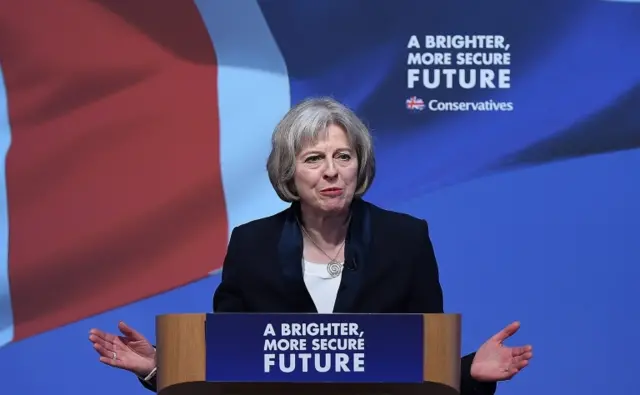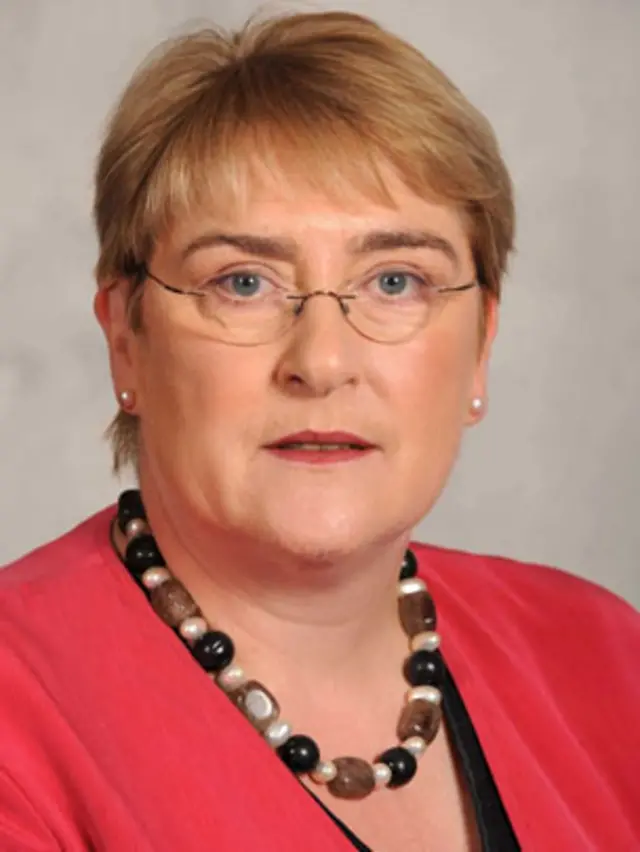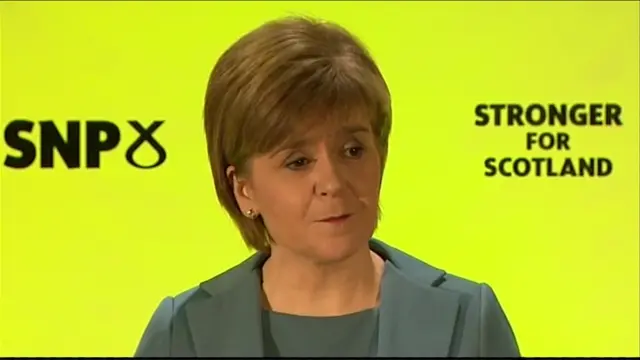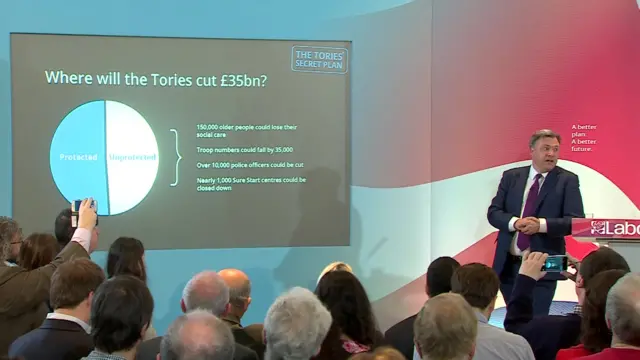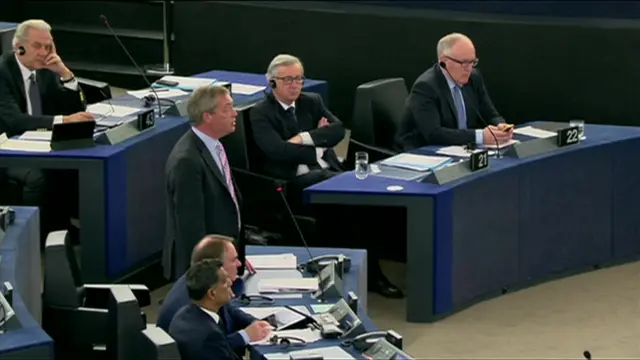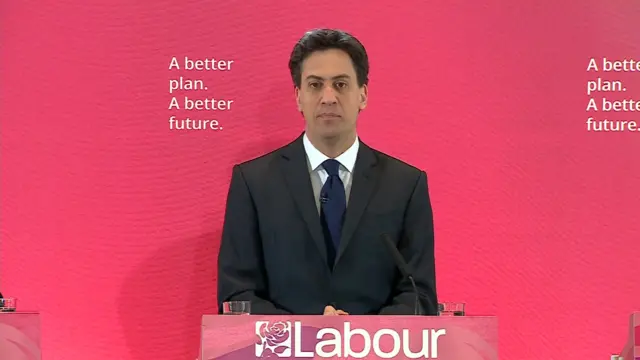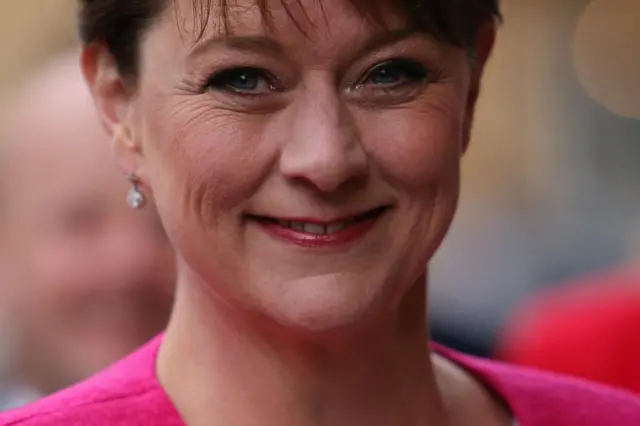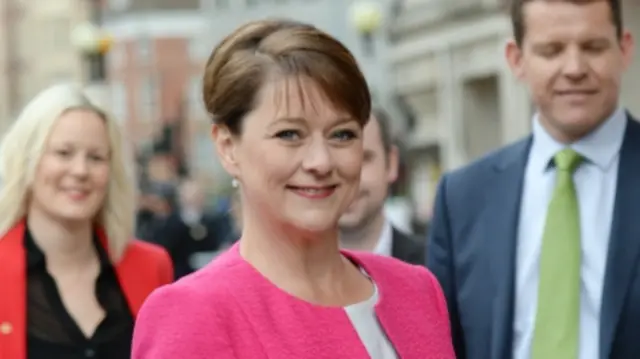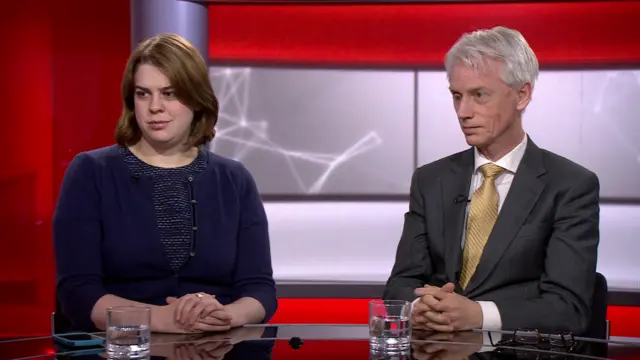Your Call: Do you feel that your vote counts?published at 09:33
 BBC Radio 5 Live
BBC Radio 5 Live
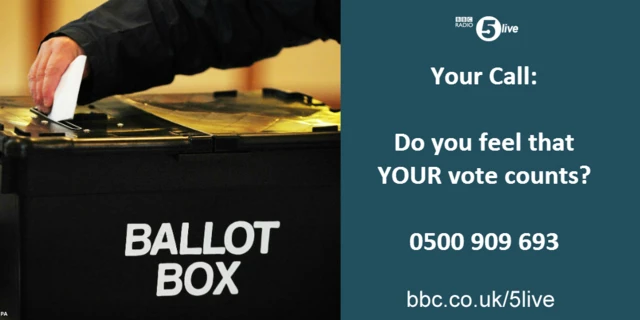
Ed Miliband has defended meeting Russell Brand, a man who said he doesn't vote. The Labour leader says he wants to get younger people engaged in the election.
It's one of the closest and least predictable elections in years but there's still a lot of public disengagement with politics and politicians.
This morning 5 live's Nicky Campbell is asking does your vote count?
Listen to the debate, share your views on 0500 909 693 text 85058 or leave a post on social media, external.

